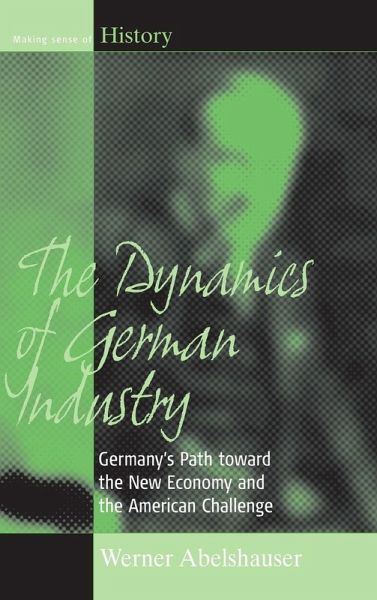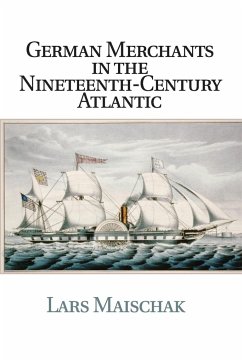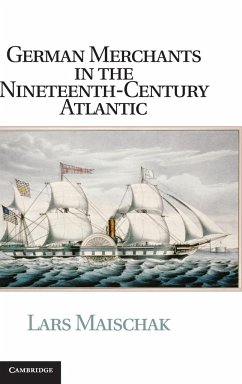Nicht lieferbar

The Dynamics of German Industry
Germany's Path toward the New Economy and the American Challenge
Versandkostenfrei!
Nicht lieferbar
Over the past decade, the "German Model" of industrial organization has been the subject of vigorous debate among social scientists and historians, especially in comparison to the American one. Is a "Rhenish capitalism" still viable at the beginning of the 21st century and does it offer a road to the New Economy different from the one, in which the standards are set by the U.S.? The author, one of Germany's leading economic historians, analyzes the special features of the German path to the New Economy as it faces the American challenge. He paints a fascinating picture of Germany Inc. and look...
Over the past decade, the "German Model" of industrial organization has been the subject of vigorous debate among social scientists and historians, especially in comparison to the American one. Is a "Rhenish capitalism" still viable at the beginning of the 21st century and does it offer a road to the New Economy different from the one, in which the standards are set by the U.S.? The author, one of Germany's leading economic historians, analyzes the special features of the German path to the New Economy as it faces the American challenge. He paints a fascinating picture of Germany Inc. and looks at the durability of some of its structures and the mentalities that undergird it. He sees a "culture clash" and argues against an underestimation of the dynamics of the German industrial system. A provocative book for all interested in comparative economics and those who have been inclined to dismiss the German Model as outmoded and weak.













